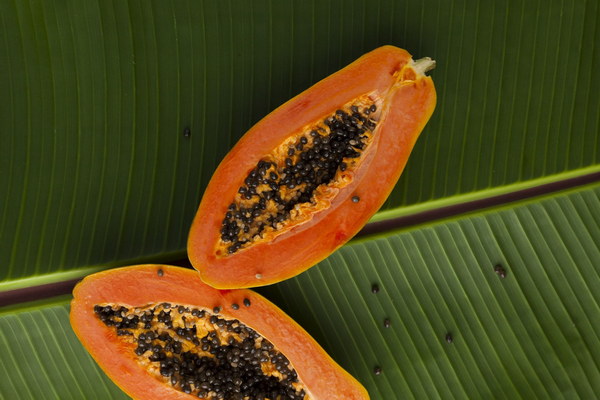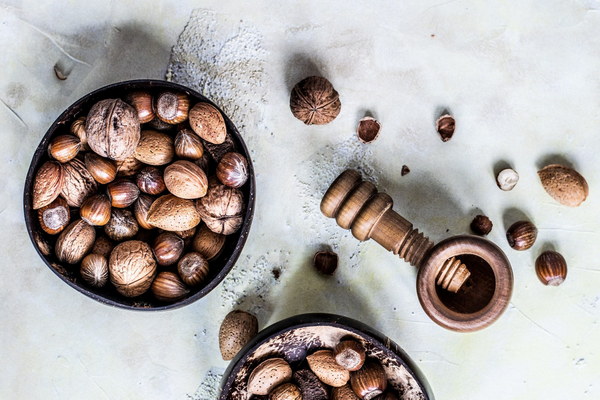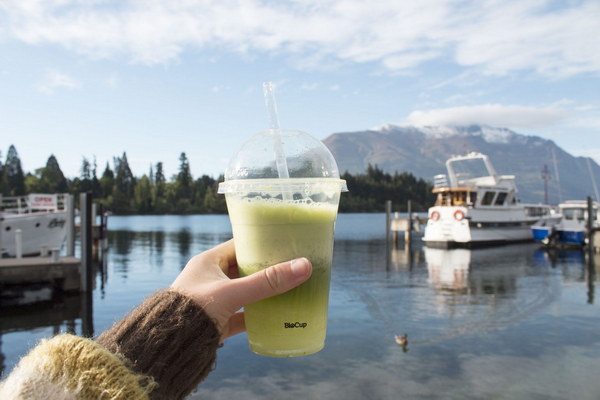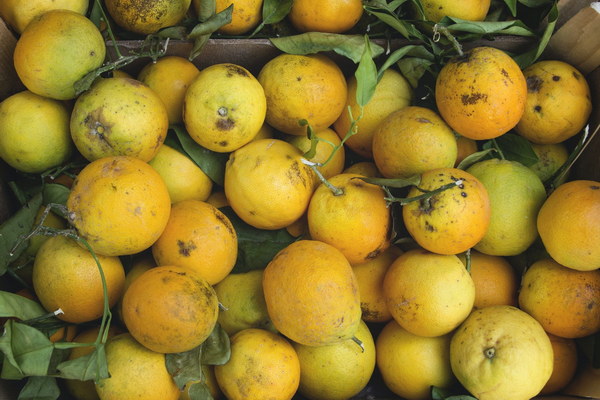Natural Remedies for Lung Health Discover the Power of Lung-Clearing and Lung-Moisturizing Medicines
Introduction:
The lungs are vital organs responsible for oxygenating the blood and removing carbon dioxide. However, due to various factors like pollution, smoking, and unhealthy lifestyle, lung health can be compromised. To maintain a healthy respiratory system, it is essential to incorporate lung-clearing and lung-moisturizing remedies into our daily routine. This article explores the benefits of natural medicines that can help clear and moisturize the lungs, promoting overall respiratory health.

1. Traditional Chinese Medicine (TCM):
Traditional Chinese Medicine has been used for centuries to treat respiratory conditions. Here are some TCM remedies that are known for their lung-clearing and lung-moisturizing properties:
a. Elderberry (Sambucus nigra): Elderberry is a popular herb used in TCM to relieve respiratory issues such as colds, flu, and bronchitis. It helps in clearing phlegm and reducing inflammation in the lungs.
b. Licorice root (Glycyrrhiza uralensis): Licorice root is known for its demulcent properties, which help in soothing and moisturizing the respiratory tract. It is often used in combination with other herbs to treat coughs, sore throat, and bronchitis.
c. Peony root (Paeonia lactiflora): Peony root is an excellent herb for lung-clearing and lung-moisturizing purposes. It helps in reducing inflammation, clearing phlegm, and alleviating cough.
d. Elecampane (Inula helenium): Elecampane is a natural expectorant that helps in loosening and expelling mucus from the lungs. It is beneficial for treating chronic bronchitis and asthma.
2. Western Herbs:
Western herbal medicine also offers several remedies that can help clear and moisturize the lungs:
a. Mullein (Verbascum thapsus): Mullein is a natural expectorant that helps in loosening mucus and facilitating its removal from the lungs. It is commonly used to treat respiratory conditions such as bronchitis, asthma, and cough.
b. Thyme (Thymus vulgaris): Thyme is a well-known herb for its expectorant and antispasmodic properties. It helps in clearing mucus and soothing the respiratory tract, making it beneficial for treating coughs, bronchitis, and asthma.
c. Echinacea (Echinacea purpurea): Echinacea is an immune-boosting herb that can help in preventing and treating respiratory infections. It is often used in combination with other herbs to enhance immune response and fight off pathogens that can affect lung health.
3. Essential Oils:
Essential oils can also be used to support lung health by clearing and moisturizing the respiratory system:
a. Eucalyptus oil (Eucalyptus globulus): Eucalyptus oil is a potent expectorant and decongestant. It helps in clearing mucus, reducing inflammation, and opening up the airways, making it beneficial for treating respiratory conditions such as bronchitis and asthma.
b. Peppermint oil (Mentha × piperita): Peppermint oil has expectorant and antispasmodic properties, which help in clearing mucus and soothing the respiratory tract. It can be used in a diffuser or inhaled directly to alleviate cough, sore throat, and bronchitis.
4. Lifestyle and Dietary Tips:
In addition to incorporating lung-clearing and lung-moisturizing remedies, it is essential to maintain a healthy lifestyle and diet:
a. Stay hydrated: Drinking plenty of fluids helps in thinning mucus and making it easier to expel from the lungs.
b. Avoid smoking and secondhand smoke: Smoking is a leading cause of lung disease, so it is crucial to quit smoking and avoid secondhand smoke exposure.
c. Exercise regularly: Regular physical activity can improve lung capacity and overall respiratory health.
d. Eat a balanced diet: A diet rich in fruits, vegetables, and lean proteins can provide essential nutrients and antioxidants that support lung health.
Conclusion:
Maintaining lung health is essential for overall well-being. By incorporating lung-clearing and lung-moisturizing remedies such as elderberry, licorice root, mullein, thyme, echinacea, and essential oils like eucalyptus and peppermint oil, along with a healthy lifestyle and diet, you can support your respiratory system and enjoy better lung health. Always consult with a healthcare professional before starting any new treatment or making significant changes to your lifestyle.









